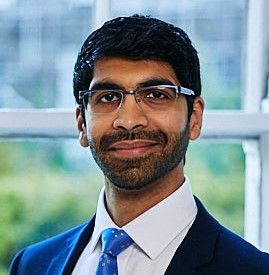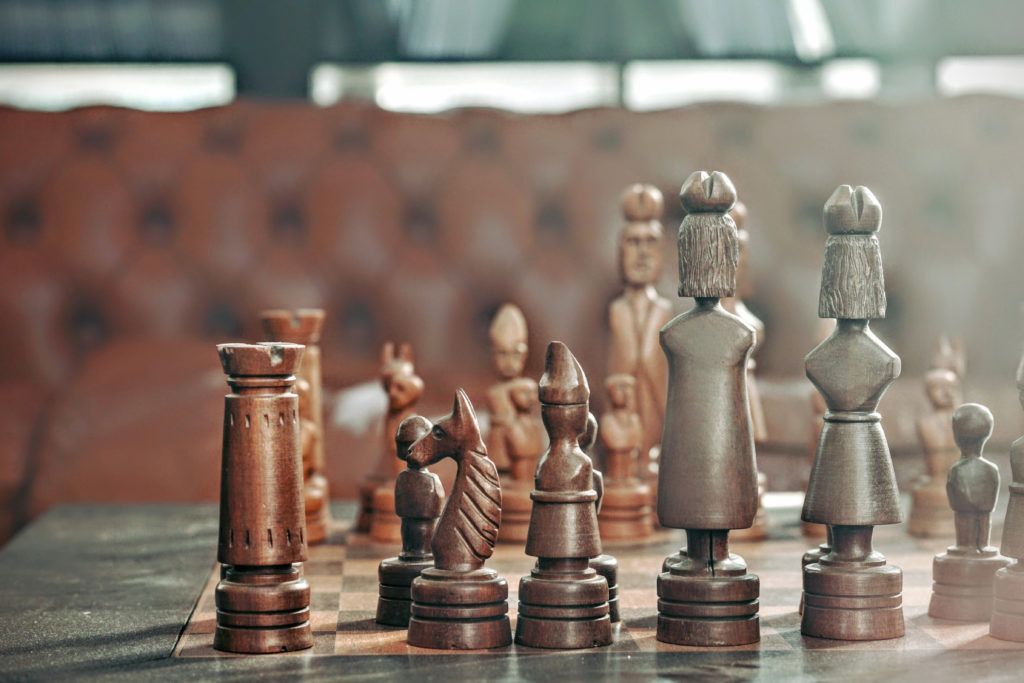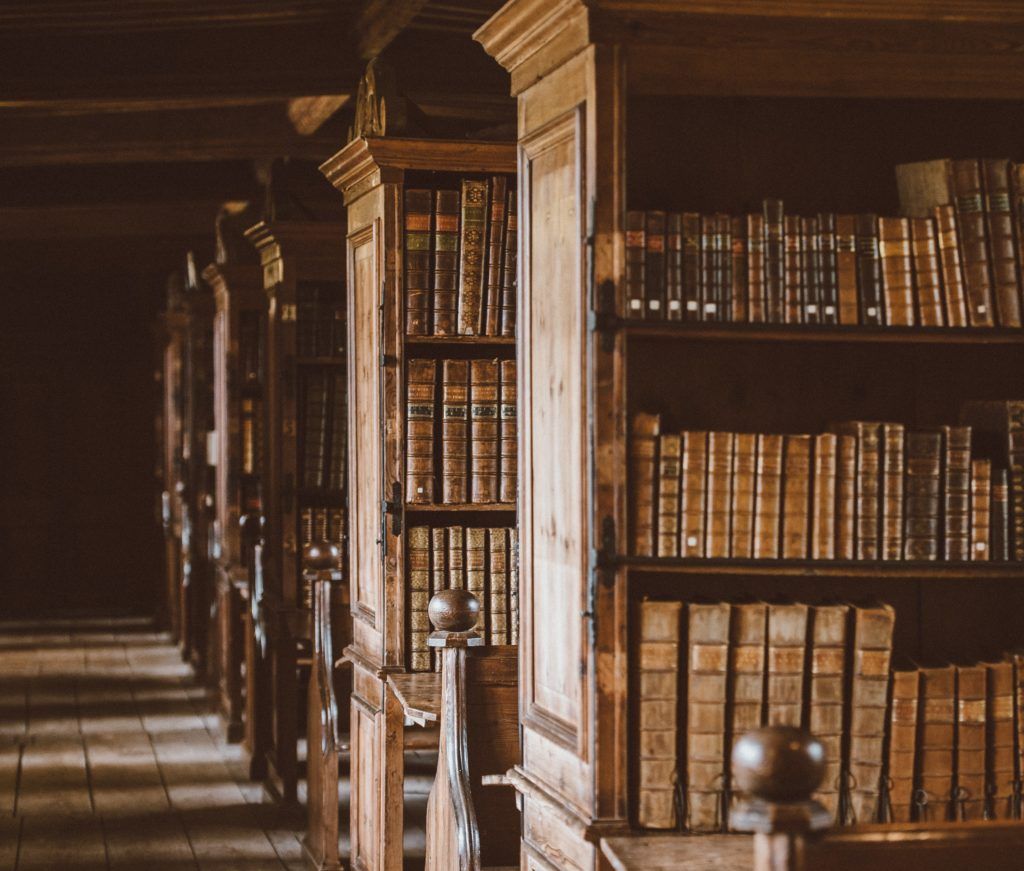
Salmaan Hassanally is the Treasurer of MTYBA and is a tenant at 4-5 Gray’s Inn Square. He specialises in property law, and has a growing commercial and chancery practice, in addition to which he works with BID to represent immigration detainees on a pro bono basis.
On Saturday 18 April 2020, 15 pro-democracy luminaries were arrested in Hong Kong. Amongst them was the eminent Martin Lee QC SC, who was involved in drafting Hong Kong Basic Law – Hong Kong’s constitution which enshrines the principle of ‘one country, two systems‘. The same day, a joint statement was published by, amongst others, the Bar Council of England & Wales, ‘[urging] the Hong Kong authorities to immediately release the 15 individuals arrested and drop all charges against them’.
On Wednesday 29 April 2020, Middle Temple Young Barristers’ Association (MTYBA) members were extremely fortunate to be joined (virtually) by Martin Lee QC SC, along with Dennis Kwok and Benedict Rogers, for a talk on the erosion of the rule of law in Hong Kong.
Benedict Rogers, the founder of Hong Kong Watch, opened the discussion with an overview of recent events which have taken place to undermine the rule of law, including: the abduction of booksellers from Hong Kong (Causeway Bay Books disappearances); the disqualification of Nathan Law as a legislator on account of his quoting Gandhi prior to taking his oath; denying Kenneth Roth, Executive Director of Human Rights Watch, entry to the country upon his arrival at Hong Kong International Airport; the arrest and detention of Simon Cheng in West Kowloon train station in Hong Kong (under the co-location principle); a proposal to introduce legislation criminalising criticism of the national anthem; and of course the event which led to mass protesting, the controversial extradition bill.

These events clearly indicate an ever-increasing encroachment by the Chinese authorities into Hong Kong domestic law, and Ben concluded by reminding MTYBA members that not only does Britain have a moral obligation to Hong Kong, given its historic direct responsibility over the 99 year period, but it also has a legal obligation in the form of the Sino– British Joint Declaration, which places on Britain the duty to monitor and defend promises it made to Hong Kong.
The next speaker was Dennis Kwok, a barrister, democrat, and representative of the legal functional constituency in the Hong Kong Legislative Council (essentially the ‘MP for lawyers’) – a position that was first held by Mr Lee. Mr Kwok expanded on the issue of authoritarianism creeping into free and liberal society, the hallmark of which is to bypass parliament and criminalise behaviour which the Chinese authorities deem unsatisfactory. He cited the revival and use of colonial-era emergency powers to ban the wearing of facemasks in protests as an example of this, before turning to the legal challenge to the ban by way of judicial review: although met with success in the High Court, the Court of Appeal overturned the decision, and it remains to be seen what the Court of Final Appeal decides. Dennis highlighted that such egregious interference was a clear breach of Article 22 of the Basic Law, one of its most fundamental provisions, which stipulates that: ‘No department of the Central People’s Government … may interfere in the affairs which the Hong Kong Special Administrative Region administers on its own in accordance with this Law’.
Mr Kowk shed light on the underwhelming police reaction following the attack which took place in July 2019 at Yuen Long MTR station, in which a large group of men dressed in white began indiscriminately beating passengers, and the inaction on the part of the state following the gratuitous displays of police brutality during last year’s protests for which not even one policeman has been held accountable. He contrasted this with the excessive state response towards democrats: using the guise of Covid-19 and social distancing to selectively prosecute gatherings of those who share pro-democratic values. In his closing remarks, Mr Kwok candidly informed the captive audience that he was not calling for the independence of Hong Kong or for self-determination. He simply wanted China to honour the principle of ’one country, two systems’.
The final talk was by Mr Lee himself, who offered greater insight into what had been touched on by the previous speakers. Mr Lee confirmed that China only regained Hong Kong in 1984 on the undertaking that it would not rule Hong Kong from Beijing for at least 50 years, and upon promising that the lifestyle and legal system of those living in Hong Kong would remain unchanged. He expressed the view that although difficult, the principle of ‘one country, two systems‘ could work in theory, provided two essential conditions were met: 1) all members of the legislature must be elected; and 2) there should be no external interference by Beijing. The reality on the ground is that universal suffrage is still nowhere in sight, and that inference continues to increase at an alarming rate. By way of example, strongly worded statements have been issued by Beijing attacking Mr Kwok, criticising the High Court bench which presided over the facemask case, and applauding the Court of Appeal which overturned the decision. It is thought that the aim of such announcements is to influence the judges of the Court of Final Appeal who are due to hear the case shortly.

Mr Lee doubted whether he would have a fair trial if Beijing was allowed to play a supervisory role in the legal system and called on the British government to stand up for the rights of those in Hong Kong. After all, how can other countries be expected to express concern when Britain, a party to the Joint Declaration, was not itself willing to forcefully speak out.
Middle Temple has always had strong links with Hong Kong, and the Middle Temple Society in Hong Kong is the oldest of the Inn’s Overseas Societies, with the official constitution being signed in 1998. Each year the Society sends six barristers to London to receive advocacy training by the Inn, and in turn the Inn awards an annual overseas scholarship to Hong Kong to one of its members. In hosting this event, which amassed over 100 virtual participants, MTYBA reinforced the relationship between the Inn and Hong Kong, and showed solidarity with those being persecuted for defending the rights of others.
None of the speakers called for more or greater rights. They were simply fighting to keep the rights they already have. In 1996, Master John Major promised that ‘Hong Kong will never have to walk alone‘. It is now, perhaps more than at any other time in its past, that Britain needs to remember this promise, and its responsibilities to Hong Kong.

